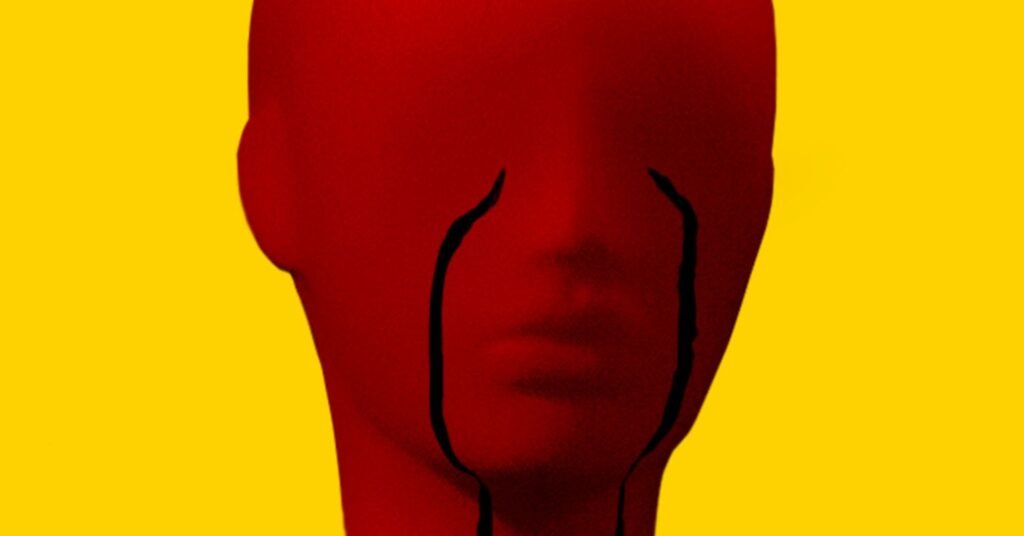Mental health issues such as anxiety and depression are leading causes of disability worldwide. While effective treatments exist, early detection and prevention are key goals in clinical psychology and psychiatry. A promising area of research focuses on identifying psychological mechanisms that may precede and contribute to these disorders. A recent study conducted by Vos et al. (2025) aims to explore whether cognitive biases can predict the future development of anxiety and depression.
Understanding Cognitive Biases
Cognitive biases refer to systematic distortions in how individuals perceive, interpret, or remember information. While common and not inherently harmful, these biases often take a negative form in individuals prone to mental disorders. For instance, someone with depression may predominantly recall negative events from their past (memory bias) or interpret a neutral comment as criticism (interpretation bias).
Previous research has frequently observed these biases in individuals with existing anxiety and depression symptoms. Vos et al. (2025) sought to address a critical question: Do these biases manifest before the onset of anxiety or depression?
Study Overview
This study synthesized findings from longitudinal research, tracking individuals over time to observe psychological changes and the emergence of mental disorders. This design is powerful in determining whether cognitive biases precede mental health conditions rather than simply co-occurring with them.
The study specifically examined biases in attention, interpretation, and memory – three commonly studied forms of cognitive distortion. It aimed to ascertain whether individuals exhibiting these biases at the study’s outset were more likely to develop anxiety or depression symptoms later on.
Key Findings
The results indicated a clear trend: cognitive biases prospectively predicted the worsening of anxiety and depression. Interpretation and memory biases emerged as particularly reliable predictors, suggesting that individuals prone to negative interpretations or memories were more likely to experience anxiety or depression symptoms down the line.
Interestingly, attention biases, such as heightened sensitivity to threat-related stimuli, showed less predictive power in this analysis. While attention bias may still impact symptoms through other cognitive processes, interpretation and memory biases appeared to be stronger predictors.
Significance of the Study
These findings bolster existing theoretical models of anxiety and depression, underscoring the central role of maladaptive thinking patterns in their development and persistence. While prior research has linked cognitive biases to psychological disorders, this study underscores their predictive value for future symptoms.
Implications:
- Early Identification: Detecting cognitive biases before symptom escalation can serve as valuable early warning signs for mental health professionals.
- Preventive Interventions: Targeted cognitive training interventions, such as Cognitive Bias Modification (CBM) techniques, can help address negative thinking patterns early on to reduce the risk of anxiety or depression development.
- Enhanced Theoretical Models: These findings lend support to cognitive behavioral theories that highlight the impact of thinking patterns on emotional well-being, offering clinicians and researchers further insight into using cognitive frameworks for diagnosis and treatment.
Conclusion
This study underscores the influence of cognitive biases, particularly in how individuals interpret and remember events, on emotional well-being. Negative cognitive biases not only reflect symptoms of anxiety and depression but can also precede them. As mental health care increasingly emphasizes early intervention and prevention, these research findings are crucial, suggesting that identifying and addressing negative cognitive patterns early can help prevent psychological disorders before they manifest.

